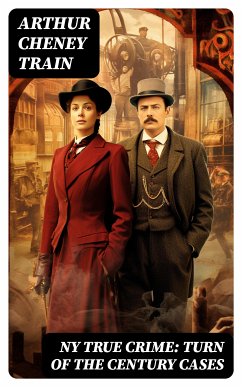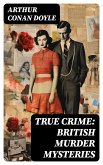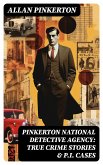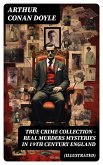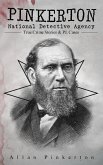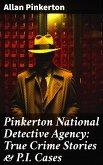In "NY True Crime: Turn of the Century Cases," Arthur Cheney Train masterfully compiles a series of gripping true crime narratives that delve into the dark underbelly of New York City during the late 19th and early 20th centuries. With a keen eye for detail and a narrative style rich in period-specific language, Train immerses readers in the historical context of each case, highlighting the social tensions, legal intricacies, and evolving perspectives on crime and justice. His meticulous research not only reconstructs famous cases but also provides insight into the zeitgeist of an era marked by industrialization and urban expansion. Arthur Cheney Train, a lawyer and influential figure in early 20th-century American literature, drew upon his extensive experiences within the legal system to frame these narratives. His deep understanding of the law and its intersection with society is evident as he contextualizes each case within the greater historical landscape. Train's passion for storytelling and fascination with the macabre allowed him to infuse these true accounts with a sense of narrative urgency and moral exploration, making him a noteworthy chronicler of his time. This book is highly recommended for true crime enthusiasts, history buffs, and anyone intrigued by the complexities of human behavior. Train's vivid storytelling, coupled with the rich tapestry of historical detail, offers an unforgettable glimpse into the lives of those caught in the web of crime, making it a compelling addition to both literary and criminal justice studies.
Dieser Download kann aus rechtlichen Gründen nur mit Rechnungsadresse in A, B, BG, CY, CZ, D, DK, EW, E, FIN, F, GR, H, IRL, I, LT, L, LR, M, NL, PL, P, R, S, SLO, SK ausgeliefert werden.

